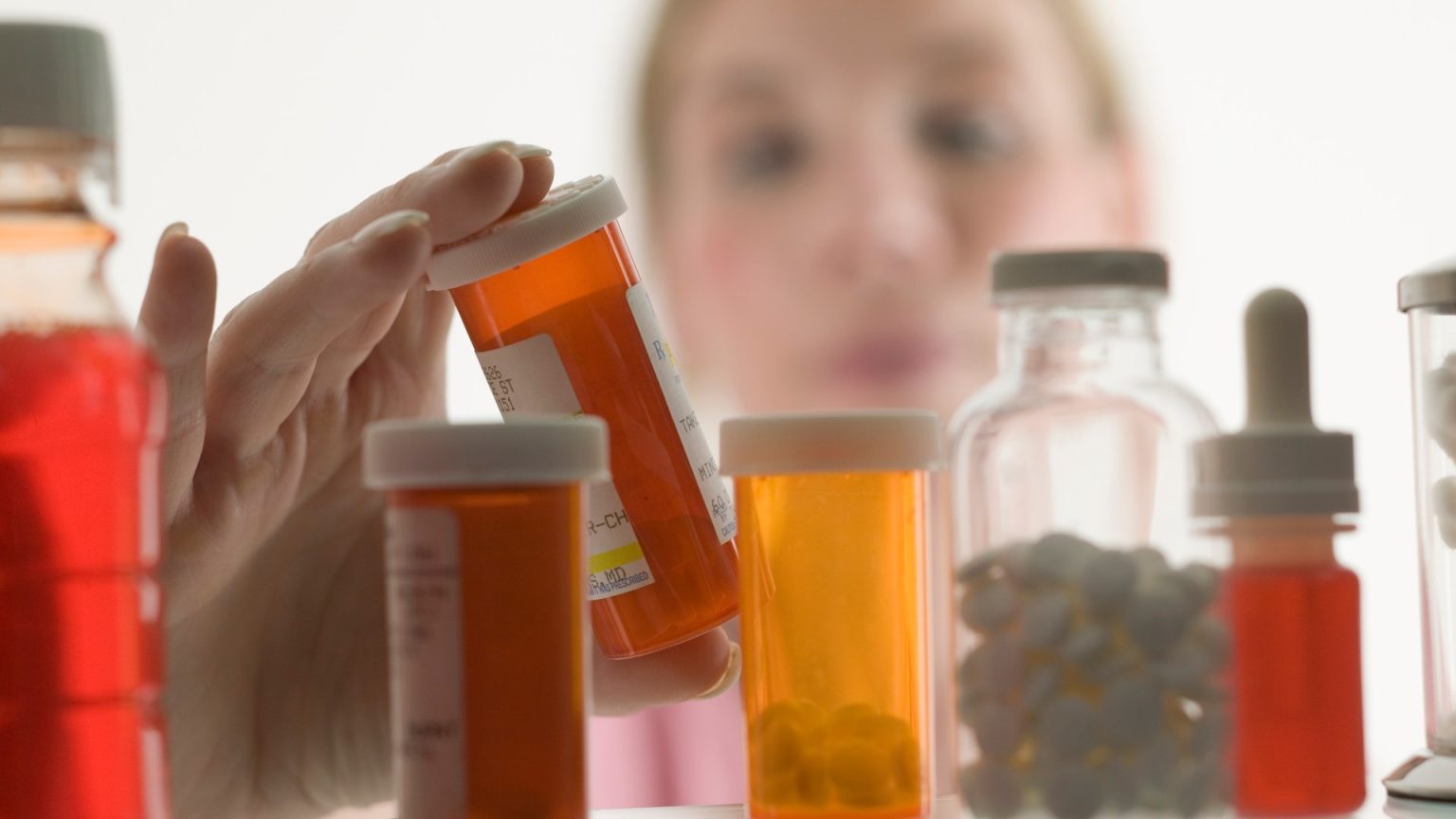Two specific batches of vitamin D supplements, Aactive D3 2,000iu/ml Oral Drops (batch code LS23317) and Aactive D3 2,000iu/ml Oral Solution (batch code LS23318), both with a best before date of November 2025, have been recalled by manufacturer TriOn Pharma due to excessively high levels of vitamin D3. The Food Standards Agency (FSA) issued a warning urging consumers who purchased these products to immediately discontinue use and return them to the point of purchase for a full refund. Ingestion of these supplements could lead to hypercalcaemia, a condition characterized by elevated blood calcium levels, which can manifest in a range of adverse health effects.
Hypercalcaemia, the result of excessive vitamin D intake, can present a variety of symptoms, ranging from mild discomfort to serious health complications. Early signs may include anorexia, nausea, vomiting, weakness, lethargy, constipation, and generalized aches and pains. As the condition progresses, individuals may experience increased thirst, excessive urination (polyuria), weight loss, and potentially life-threatening cardiac dysrhythmias (irregular heartbeat). The FSA emphasizes the importance of heeding the recall and avoiding consumption of the affected products. Consumers are advised to contact TriOn Pharma directly for further information or clarification regarding the recall process.
Vitamin D plays a crucial role in maintaining healthy bones, teeth, and muscles by regulating calcium and phosphate levels in the body. While the body naturally produces vitamin D through exposure to sunlight, particularly during spring and summer months, the UK’s National Health Service (NHS) recommends supplementing with 10 micrograms of vitamin D daily during autumn and winter (October to March) due to reduced daylight hours. This recommendation applies to adults and children over one year old, while infants under 12 months require slightly lower doses (8.5 to 10 micrograms). The recommended daily intake is equivalent to 400 IU (International Units), as one microgram of vitamin D equals 40 IU.
While vitamin D supplementation is important for maintaining optimal health, exceeding the recommended dosage can lead to hypercalcaemia and its associated health risks. The NHS advises against exceeding 100 micrograms (4,000 IU) of vitamin D per day, emphasizing the potential harm of excessive intake. Natural dietary sources of vitamin D include oily fish, red meat, liver, egg yolks, and fortified foods like cereals. Maintaining a balanced diet incorporating these foods, coupled with appropriate supplementation during periods of reduced sunlight exposure, can help ensure adequate vitamin D levels without risking the detrimental effects of overconsumption.
The recall of the TriOn Pharma vitamin D supplements underscores the importance of adhering to recommended dosages and monitoring for potential signs of hypercalcaemia. While vitamin D is essential for overall health, excessive intake can have serious consequences. Individuals concerned about their vitamin D levels or experiencing symptoms suggestive of hypercalcaemia should consult their healthcare provider for further evaluation and guidance. Proper diagnosis and management are crucial for mitigating potential long-term health complications associated with elevated calcium levels.
It is essential for consumers to remain vigilant about product recalls and follow the advice provided by regulatory agencies like the FSA. In this specific case, returning the recalled TriOn Pharma vitamin D supplements and seeking alternative sources of vitamin D, either through diet or appropriately dosed supplements, can help ensure adequate vitamin D levels while safeguarding against the risks of hypercalcaemia. Maintaining open communication with healthcare professionals and staying informed about product safety updates are crucial for promoting overall health and well-being.




